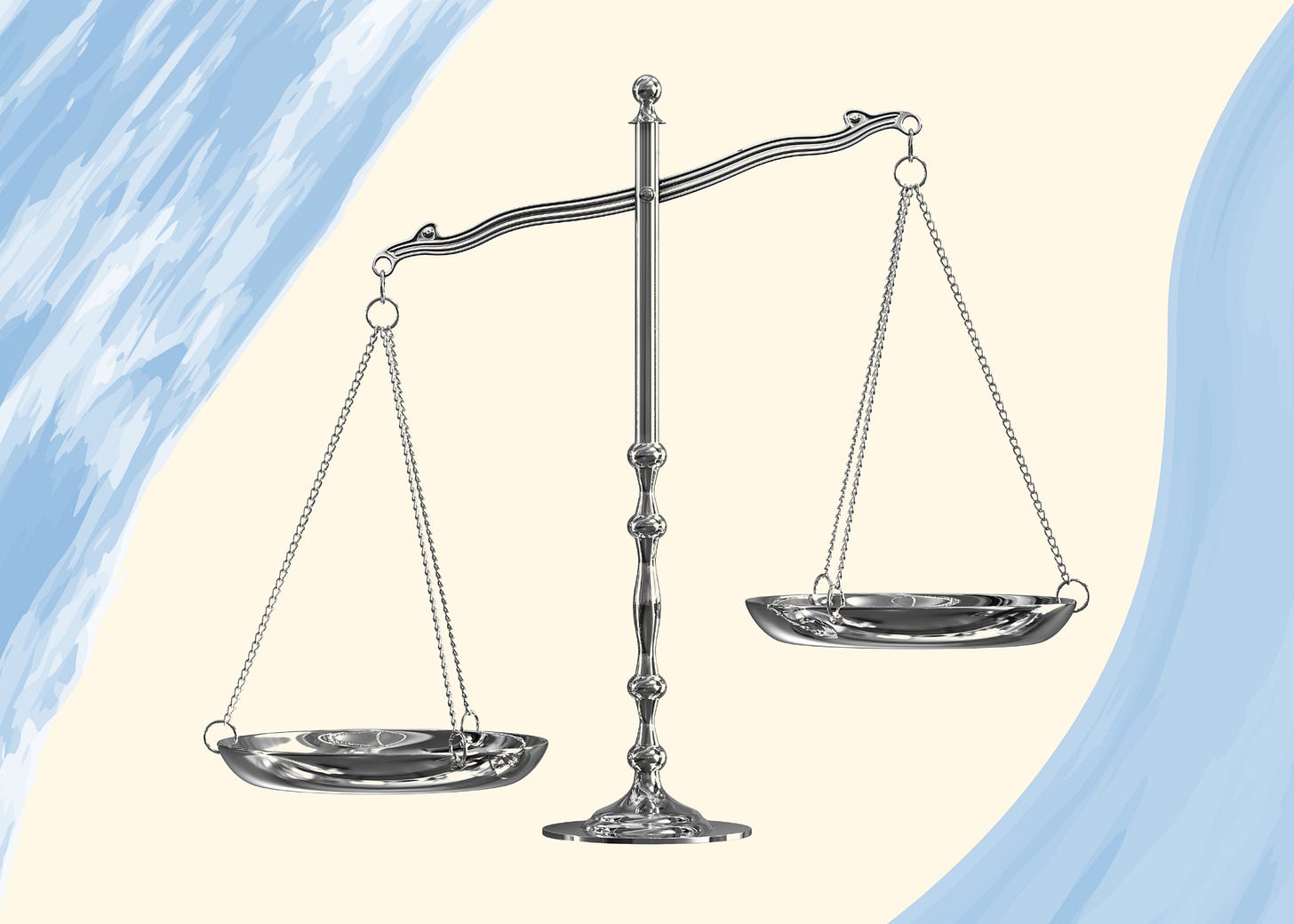Issue #44: How to make a major life decision
Plus, why 'micro-choices' like selecting the right sandwich are more significant than you think.
Choosing a sandwich is a decision I take very seriously.
I spend a minimum of five minutes chilling, quite literally, in front of a Food to Go cabinet, and that’s only if I have a companion waiting. A ten-minute-long vigil is not unheard of. I do have an emergency sandwich option at various outlets (Scottish Smoked Salmon at Pret; Marks & Spencer Prawn Mayonnaise), but let me stress this is reserved for crisis scenarios, like if the building were on fire.
The thing is, I don’t mind agonising over these micro-decisions. Sure, they might be trivial in the big scheme of things, but they’re important in an immediate sense. It’s a certain way to influence my present; to control an outcome. And, importantly, it works: I’m almost never dissatisfied with my choice.
As it turns out, Harvard professor Ellen Langer – dubbed ‘the mother of mindfulness’ – feels the same. The first woman ever to be tenured in psychology at the university, Langer confessed in a recent interview with The Times that she takes ‘forever’ to choose between buying a Milky Way or a Snickers Bar. Which is notable because, well, Langer teaches a decision-making course, and has done for the past forty years.
While I’m happy she endorses my sandwich-choosing efforts, I’m fascinated about her approach to making meatier decisions. In a nutshell, Langer believes that, whether it’s buying a house, or who and when to marry, there is no ‘right’ choice. Her approach is rooted in mindfulness, a discipline she’s been studying for the past 50 years, which she says has helped her realise that ‘options aren’t inherently good or bad, and there are multiple perspectives.’
Inspired by my own amateur meditation practice, I’m reminded of the Parable of the Chinese Farmer. If you’re unfamiliar, it tells the story of a chain of events which can, at various stages, be considered ‘good’ or ‘bad’. In the beginning, a man’s horse runs away (bad) but then comes home the next day, bringing seven wild horses with it (good). While the villagers make their judgements on these events and the ones that succeed it, the titular farmer refuses to do the same: (‘All the neighbours came around and said, “Isn’t that great!” Again, he said, “Maybe.”’)
Unlike with micro-decisions, there is no way to guarantee an outcome with larger decisions. The dream house might have a crumbling foundation, or the neighbours from hell. The decision to have children has so many potential off-shoots, from the challenge of conception to the day-to-day reality of parenting, that I don’t know where to begin. Sometimes, procrastinating those decisions isn’t so much to gather information as a means of maintaining the comforting delusion of control.
How to make a major life decision
Langer’s philosophy is freeing, but impractical. When approaching major life decisions, we’ll still judge based on certain criteria to help us, or employ tried-and-tested strategies. Take choosing who to eventually settle down with.
Keep reading with a 7-day free trial
Subscribe to The Shoulds by Francesca Specter to keep reading this post and get 7 days of free access to the full post archives.





